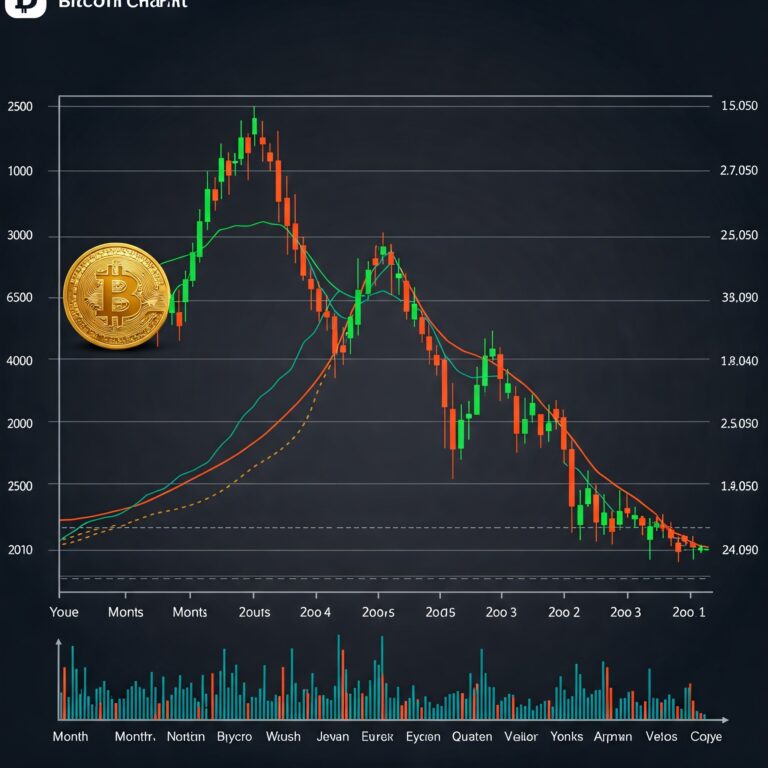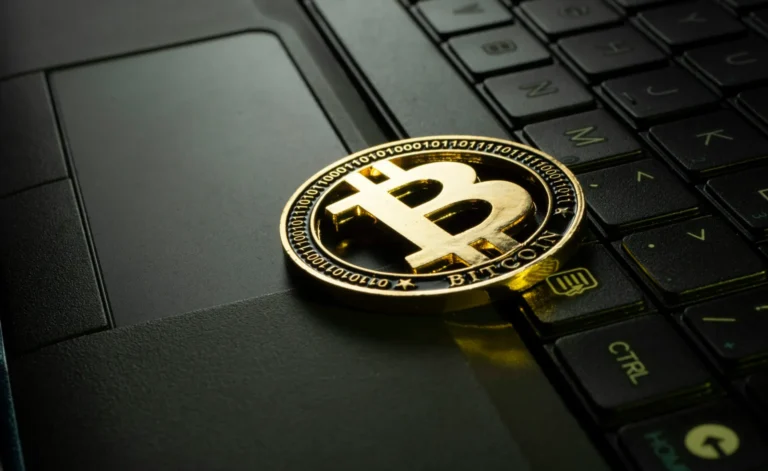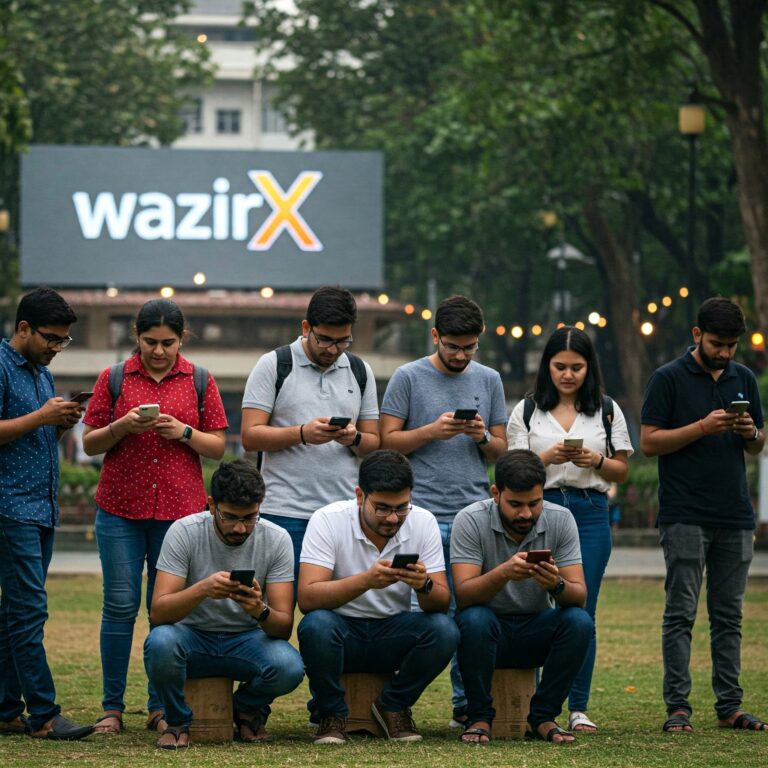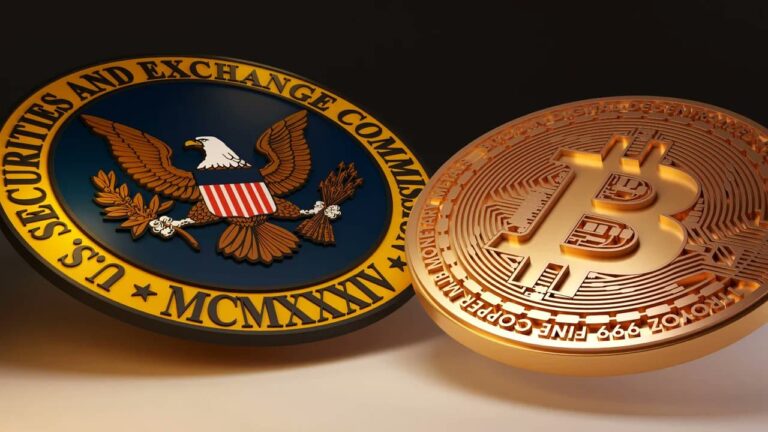
In a bold move signaling its unwavering commitment to cryptocurrency, El Salvador has added 11 more Bitcoin to its national treasury. This action, though modest in scale, highlights the country’s defiance of the International Monetary Fund (IMF) and its repeated warnings against the nation’s Bitcoin-centric policies.
A Glance at El Salvador’s Crypto Strategy
El Salvador made history in September 2021 when it became the first country to adopt Bitcoin as legal tender, alongside the U.S. dollar. President Nayib Bukele, the architect of this unprecedented policy, has consistently championed cryptocurrency as a means to foster financial inclusion, attract foreign investment, and reduce reliance on traditional financial institutions.
The purchase of these additional 11 Bitcoin, valued at approximately $300,000 based on current market rates, is part of El Salvador’s “buy the dip” strategy. Bukele has frequently used moments of Bitcoin price decline to increase the country’s holdings, asserting that the digital asset’s long-term potential outweighs short-term volatility.
IMF’s Concerns and Warnings
The IMF has been a vocal critic of El Salvador’s Bitcoin adoption. It has warned that the policy could jeopardize financial stability, increase risks of money laundering, and strain the nation’s relationship with international lenders. Despite these concerns, Bukele’s administration has continued to press forward, emphasizing sovereignty and a vision for technological innovation.
In its latest report, the IMF reiterated its concerns about the use of Bitcoin as legal tender, advising El Salvador to reconsider its stance. However, the country’s latest Bitcoin acquisition underscores its determination to stay the course.
Local and Global Reactions
Within El Salvador, opinions on the Bitcoin experiment remain divided. While some citizens embrace the opportunities for economic growth and innovation, others remain skeptical, citing the lack of immediate benefits and the potential risks involved.
Globally, El Salvador’s actions continue to attract attention. Crypto enthusiasts laud the country as a pioneer, while critics warn of potential economic fallout. Nevertheless, the move has sparked broader discussions about the role of cryptocurrencies in national economies and the challenges of navigating a rapidly evolving financial landscape.
What’s Next for El Salvador?
As El Salvador bolsters its Bitcoin holdings, it remains to be seen how the long-term effects of its policies will unfold. The government has also invested in initiatives like Bitcoin-backed bonds and the development of “Bitcoin City,” a hub for cryptocurrency and blockchain innovation powered by geothermal energy.
Despite challenges and criticism, El Salvador’s unwavering commitment to Bitcoin demonstrates a willingness to challenge the status quo. Whether this bold experiment will yield transformative economic benefits or serve as a cautionary tale for other nations remains a critical question.
For now, the addition of 11 more Bitcoin to El Salvador’s treasury is a clear signal: the country is all-in on its cryptocurrency vision, and there’s no turning back.





